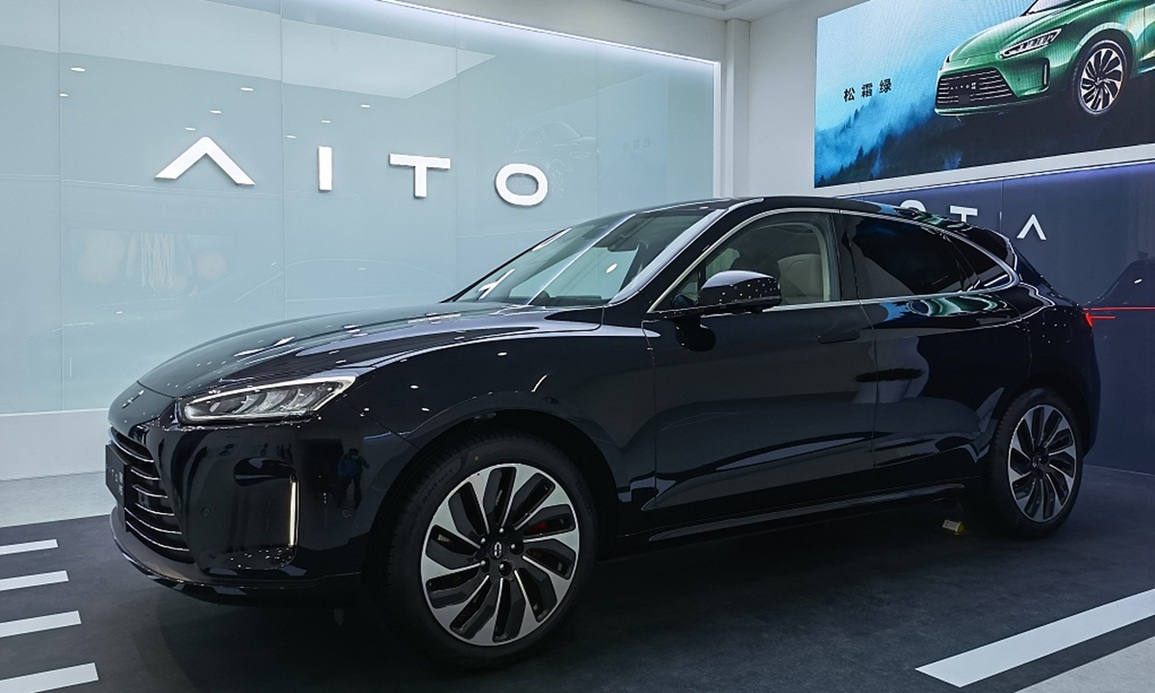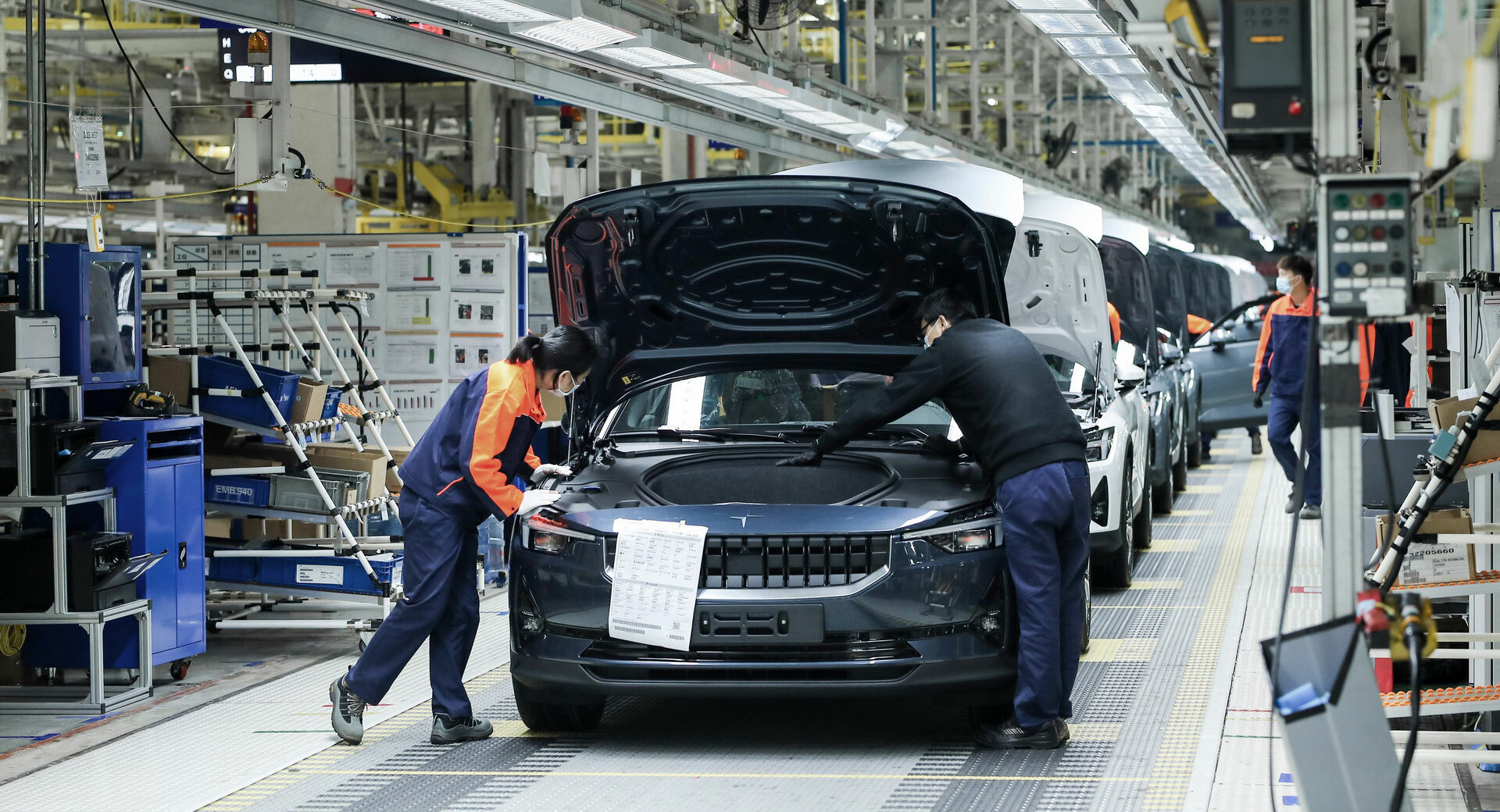According to Rest of world, employees at Li Auto – a Chinese electric car company, noticed something unusual when tallying up the number of cars sold. CEO Li Xiang revealed that in the first three weeks of July 2023, 200 Li Auto brand cars were registered in China but had yet to be insured and put on the road domestically.
After investigation, Li Auto discovered that the dealers had shipped these cars abroad, mainly to Central Asia and the Middle East. CEO Li Xiang shared a photo on Weibo showing the Li Auto A7 SUV model being advertised for $70,897 in Kazakhstan, which is nearly $26,000 higher than the listed price in China.
Unofficial market
China is the world’s leading electric vehicle producer. Last year, BYD surpassed Tesla to become the largest electric car manufacturer. In addition to BYD, China also has domestic brands such as Nio, Xpeng, and even smartphone maker Xiaomi has joined the industry.
Dealers have taken advantage of the electric vehicle boom to funnel expensive models into markets where Chinese electric car manufacturers do not have official stores. They exploit the loophole of selling used cars abroad without the need for dealership licensing.
Specifically, dealers register new cars in China and then immediately ship them overseas. This means that these cars are technically used but still brand new in terms of technology.
6 used car export companies say they ship cars to markets including Russia, Kazakhstan, and Saudi Arabia, where expensive Chinese electric cars have become a symbol of prestige.

In the Tan Cang – the border area between China and Kazakhstan, some dealers even collaborate with engineers to change the software language from Chinese to English or Russian in the cars.
Ethan Zhang, an auto export company based in Hebei province, said: “Chinese cars are really becoming popular.” In the past two years, his company has exported over 2,000 cars, 80% of which are hybrid or plug-in hybrid cars.
This issue has occurred in the past, but in reverse. Dealers used to sell “second-hand” BMW and Mercedes-Benz cars to Chinese users after importing them from abroad.
However, now they are switching to exporting Chinese electric cars abroad, allowing electric car enthusiasts to own models from Li Auto, BYD, etc., regardless of these brands not being officially present in those markets.
When car manufacturers enter a new market, they must carefully consider strategy, establish sales networks, and service operations. On the other hand, dealers do not need to go through all that trouble as they operate in niche markets, serving a small number of customers willing to spend, making everything easier.
A different perspective on Chinese cars
Russia is usually the main destination. Konstantin Durasov, a car dealer in Moscow, said that a year ago he switched from selling cars made in Europe to Chinese electric models. Part of the reason is that sanctions imposed on Russia have made it difficult for foreign cars to enter the country.
His company Zeecar imported about 400 electric and hybrid cars from China last year, including luxury SUVs from BYD, Li Auto, and Zeekr. The company also has an office and staff in Shanghai to facilitate transactions.
Durasov said: “Chinese cars used to be known for being super cheap and not really good. But now consumers think that it’s a very worthwhile price for the money spent to buy a car.”

Katerina Zabrodkina, a Russian automotive market consultant based in Bishkek, believes that European brands leaving the market has propelled consumers to turn to more accessible Chinese brands.
Some car dealers advertise cars by posting videos on TikTok and Instagram. Hu Changwen in Tan Cang said he has received messages from interested customers in South Africa, Mexico, and Algeria through his TikTok account.
A promotional clip of the Aito M5 model backed by Huawei, which is only sold in China, has attracted over 6 million views. Hu said that some dealers in Germany have inquired about buying Huawei electric cars, but European Union import regulations have prevented such commercial activities.
Trade-offs
As more people join this buy-and-sell market, competition will increase and profits will shrink.
Yang Pingping, a Russian-speaking dealer in Heilongjiang province, said profitability has decreased from around 15% at the beginning of last year to about 8% this year.
Zhang said profits per car have dropped from a peak of $50,000 in 2022 to about $10,000 recently.

Another issue is that if car brands are not officially present in these markets, these small-scale exported models will find it difficult to access after-sales service and repairs.
The CEO of Li Auto said they have no plans to introduce their products abroad before 2025, but there is really no way to stop unauthorized export activities.












